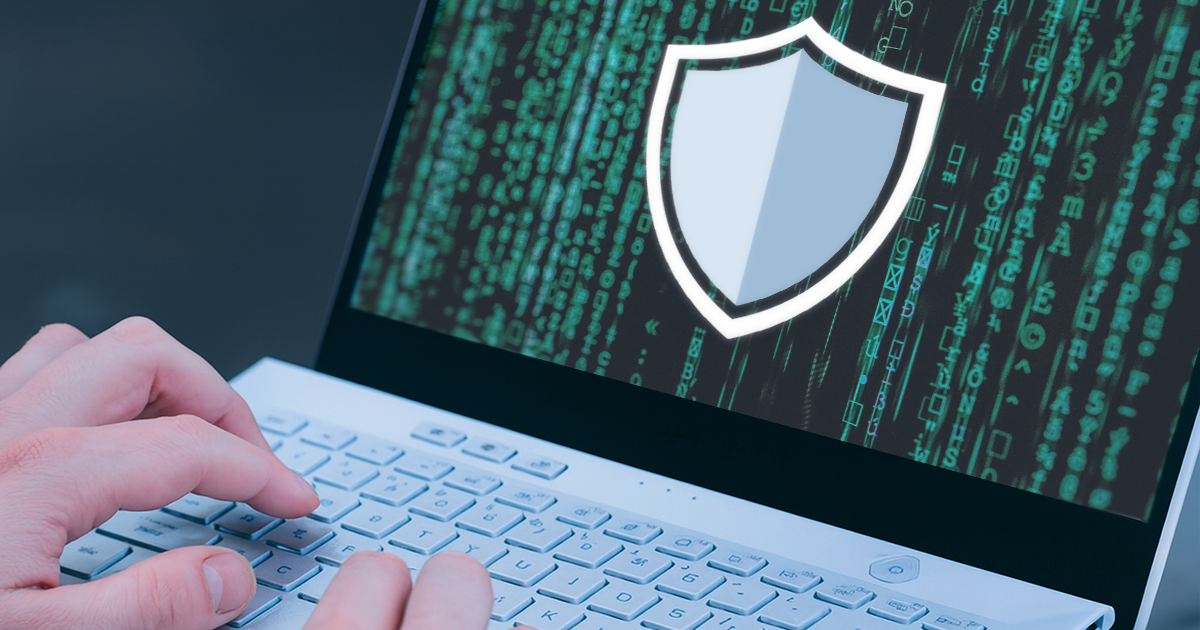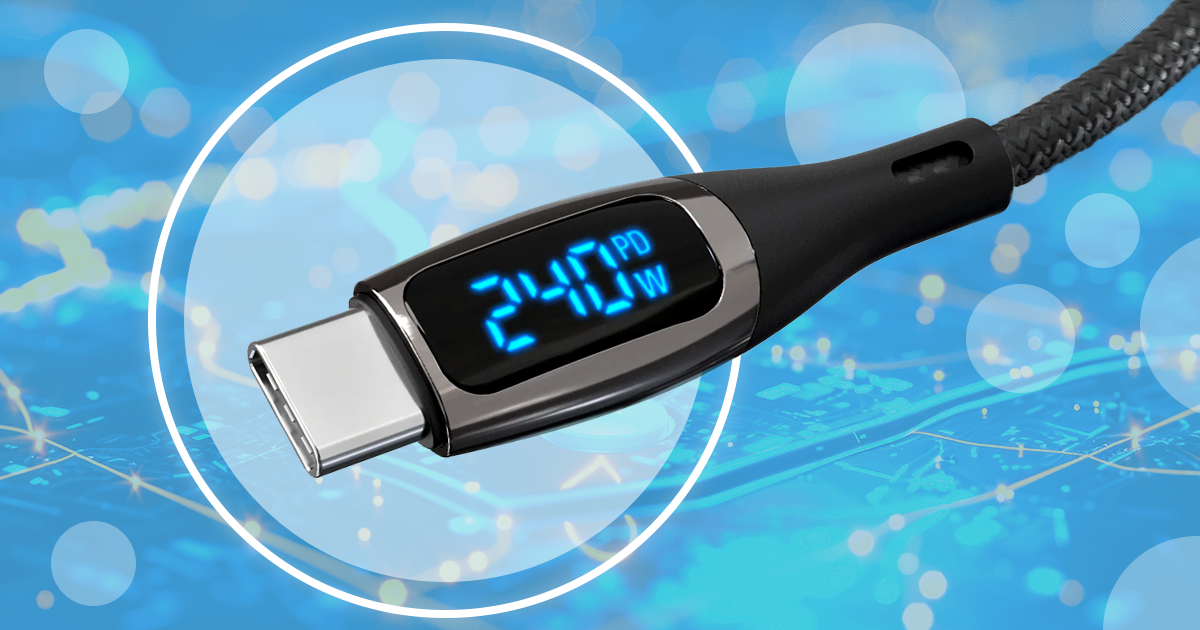Windows Defender and forensic triage tools often find themselves at odds. While endpoint protection is designed to lock down a system against unauthorized access, forensic utilities must access everything, including locked system files, to secure evidence. This conflict creates immediate operational risks during live analysis. Modern antivirus engines with aggressive heuristics may flag legitimate forensic binaries as malware, terminating the acquisition process or quarantining the tool itself. Beyond simple blocking, active background scanning introduces significant I/O latency and threatens the integrity of the evidence; the AV might delete or modify a suspicious file, such as a malware payload, moments before it can be preserved.
During the last decade, the evolution of charging standards in consumer electronics has been defined by an attempt to develop a single, unified power delivery interface centered around the USB Type-C connector. Historically, power delivery was characterized by a clear separation between data interfaces and dedicated power connectors. The Universal Serial Bus (USB) was originally introduced in the mid-1990s as a data bus for low-speed peripherals, with power capabilities capped at levels intended to support mice and keyboards rather than charge batteries – never intended to power demanding hardware.
In modern investigations, the web browser is no longer just an application – it is a comprehensive journal of a suspect’s life, intentions, and habits. While end-to-end encrypted clouds and locked smartphones often hit a dead end, the desktop web browser remains one of the most significant grounds for digital evidence, often serving as the silent witness that helps solve a case.
Since the introduction of DPAPI in Windows 2000, the forensic workflow for recovering browser credentials was straightforward: isolate the computer, image the drive, and extract the browser profile. In that era, having the user’s Windows password was enough to decrypt everything offline. Today, that assumption is outdated. With the shift to App-Bound Encryption, Google and Microsoft effectively broke the “dead box” workflow for their browsers. While stored passwords remain critical evidence, accessing them now requires investigators to act before they pull the plug.
For decades, the forensic “gold standard” was straightforward: isolate the computer, pull the plug, and image the drive. In that era, what you saw on the screen was physically present on the magnetic platters, waiting to be extracted bit by bit. Today, that assumption is not just outdated; it is plain wrong. The rapid adoption of cloud storage services, partial on-demand synchronization, and full-disk encryption has fundamentally broken the traditional dead-box workflow, turning the simple act of powering down a suspect’s computer into a potential destroyer of evidence.
Modern digital forensic labs are facing a crisis of scale. When a search warrant results in the seizure of a dozen laptops, several servers, and a mountain of external drives, the traditional forensic workflow – bit-for-bit imaging followed by exhaustive analysis – becomes a liability rather than an asset. This is precisely where our new tool, Elcomsoft Quick Triage, enters the picture. Designed as a solution for rapid, in-field data acquisition, EQT allows investigators to bypass the “imaging bottleneck” and identify the “smoking gun” in minutes rather than months.
Eighteen years ago, before “GPU acceleration” and “AI data center” became household terms, a small hi-tech company changed the rules of cryptography. In 2007, we unveiled a radical idea – using the untapped power of graphics processors to recover passwords, which coincided with the release of video cards capable of performing fixed-point calculations. What began as an experiment would soon redefine performance computing across nearly every field.
Most real-world passwords aren’t random – they follow the owner’s habits, preferences, and personal history. Names, birthdays, pets, team loyalties, and even old usernames affect how people build their “secret” strings. By turning this everyday information into structured, prioritized password candidates, analysts can reach higher success rates than with generic dictionaries or blind brute force. This article explains how to transform user data into a focused attack strategy.
Password managers have become a common part of everyday digital life, helping users handle hundreds of online accounts. They simplify authentication and reduce the need to remember complex credentials, yet the same centralization that makes them convenient also concentrates risk. Modern platforms from Apple, Google and Microsoft all ship with built-in password managers, and many users rely on third-party apps for the same purpose.
During the recent investigation into the October 2025 Louvre Museum heist, it was revealed that parts of the museum’s video surveillance network were protected by the default password “Louvre.” Further reporting indicated that sections of the system operated on Windows Server 2003 and relied on outdated surveillance management software. These findings point to long-term neglect of basic cybersecurity practices – specifically, the continued use of obsolete systems and weak authentication measures.


